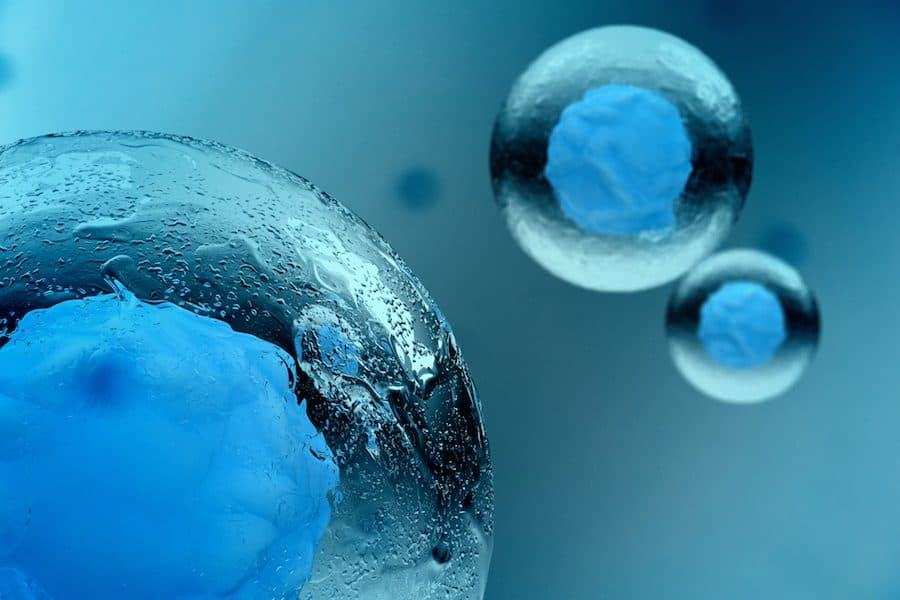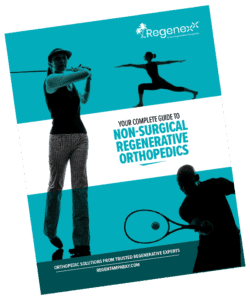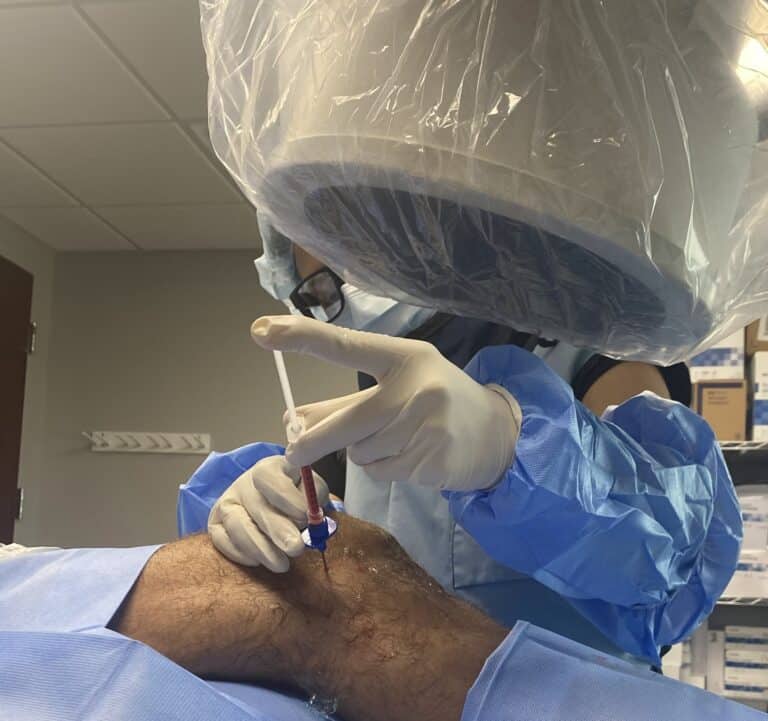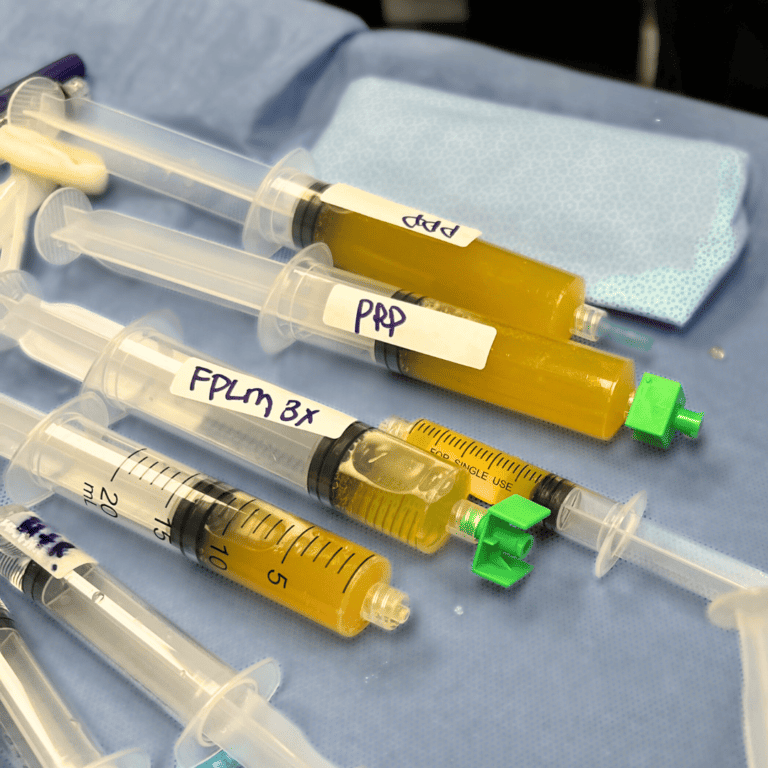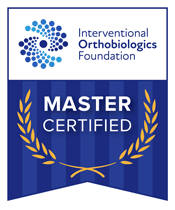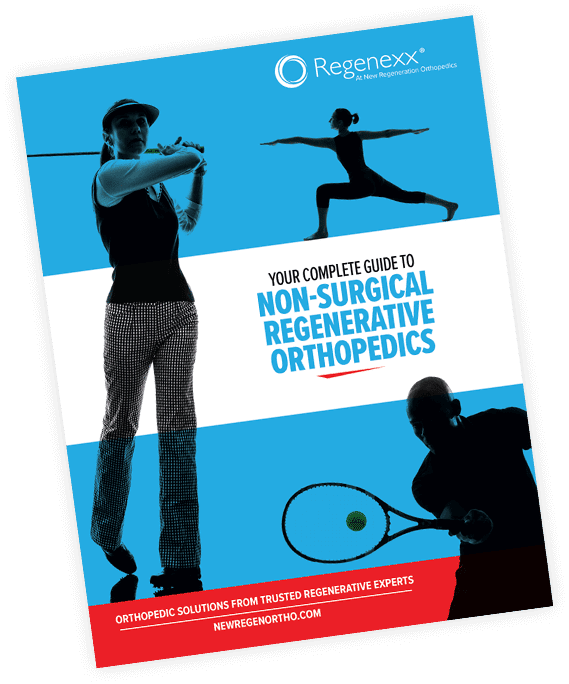Background:
As practicing physicians, scientists, and regulatory experts we have increasingly observed aggressive advertising and sales tactics being used by alternative health clinics (chiropractors, naturopaths, and acupuncturists) as well as physicians and mid-level providers to market “stem cell” treatments derived from birth tissues. One example is full-page print ads in major newspapers used to recruit elderly patients and others desperate for effective treatments to seminars where prospective patients are informed that they can be injected with millions of live and functional stem cells to relieve their symptoms. The products used are derived from birth tissues such as umbilical cord blood and/or Wharton’s Jelly or amniotic fluid/membrane. Many patients spend thousands of dollars on these therapies to treat orthopedic problems and/or a myriad of other incurable diseases. The seminars typically state that there are robust clinical data supporting the safety and efficacy of these products, regardless of the condition or pathology being treated, when no such clinical evidence exists. In addition, some manufacturers of birth tissues claim that their products contain live and functional stem cells, while other manufacturers do not make these same claims. Claims of live cells are not compliant with FDA regulations, which require this type of donor tissue to be non-viable.
To date, two research investigations have been conducted which document the content of commercially available amniotic and cord blood products sold by FDA-registered manufacturers (those regulated solely under section 361 of the Public Health Service (PHS) Act). We are aware of additional investigations that are in progress. Both Berger, et al. and Becktell from the Fortier laboratory at Cornell University, found that these amniotic and cord blood products did not contain live or functional stem cells. In addition, both research groups found that many of the growth factor levels in these products were significantly lower than those found in common autologous orthobiologic products like platelet-rich plasma. Fortier et al. did report that these products do contain proteins like lumican and cytokines, which may positively impact orthopedic injuries, but concluded that more research is needed before any claims can be made. While there are early clinical data on stem cells that are isolated from fresh birth tissues and culture expanded, these studies used treatments which are not analogous to the commercially available, cryopreserved, FDA registered birth tissue products. In addition, it should be noted that while the clinical evidence in this area is evolving and one day may support the clinical efficacy of cryopreserved birth tissues for some orthopedic applications, no such evidence exists at this time. In particular, we are aware of FDA approved clinical trials that use these tissues for diseases such as knee osteoarthritis, which are ongoing.
Consensus Statement:
The aggressive marketing approach currently used by practitioners and clinics regarding various birth tissue products as safe and effective “stem cell therapy” is not supported by the existing scientific literature.
References:
1. Berger D, Lyons L, Steinmetz N. In Vitro Evaluation of Injectable, Placental Tissue-Derived Products for Interventional Orthopedics. Poster session presented at: Interventional Orthopedics Annual Meeting; 2015 Feb; Denver, CO
2. Becktrel L, Matsuka A, Hon S, Delco M, Cole B, Fortier L. Proteomic analysis and cell viability of nine amnion-derived biologics. Poster session presented at: Orthopedic Research Society Annual Meeting; 2019 Jan; Austin, TX
Consensus Panel Members:
- Don Buford, M.D.-Sports Medicine Clinic of North Texas
- Christopher J. Centeno, M.D.-The Centeno-Schultz Clinic
- Michael DePalma, M.D.-Virginia iSpine Physicians; Virginia Spine Research Institute
- Jason Dragoo, M.D.-Stanford University
- Lisa A. Fortier, DVM, PhD-Cornell University
- Andrew Ittleman, Esq- Fuerst Ittleman David & Joseph
- Gregory Lutz, M.D.- Physiatrist-In-Chief Emeritus at Hospital for Special Surgery
- Gerald Malanga, M.D.-New Jersey Regenerative Institute
- Kenneth R. Mautner, M.D.-Emory University
- Wayne McIlwraith, BVSc, PhD, DSc, FRCVS, Diplomate ACVS, Diplomate ACVSMR-Colorado State University
- Matthew Murphy. PhD-Murphy Technology Consulting
- Christopher Rogers, M.D.-San Diego Orthobiologics Medical Group
- Theodore T. Sand, PhD-Greyledge Technologies
- Jay Smith, M.D.-Mayo Clinic
